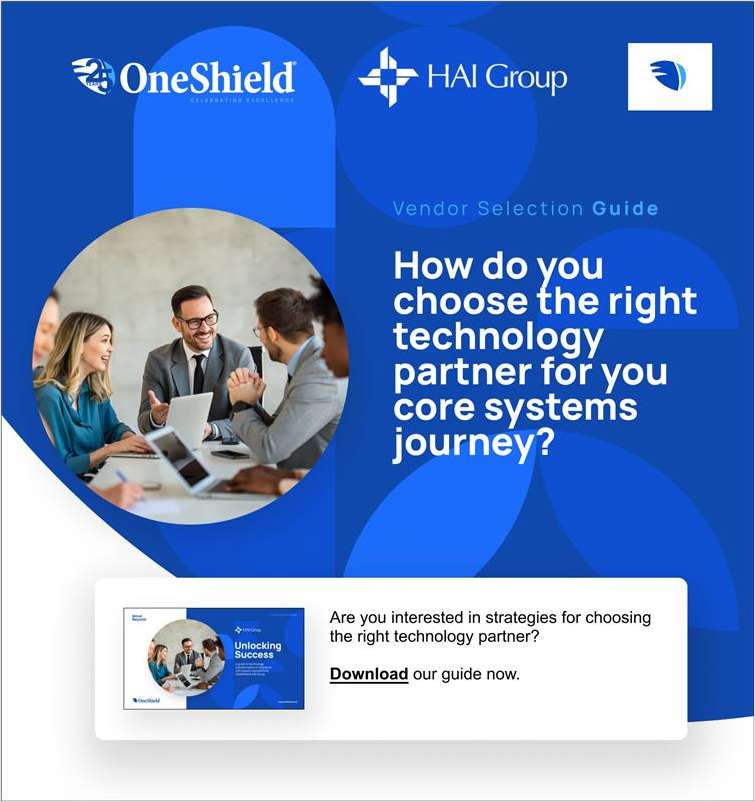The Sunday New York Times included an interesting article("Facebookis Using You") that looked at how people's online presence canbe used against them by employers, headhunters, credit cardcompanies -- or insurers.
|It's just common sense that anyone using a social network likeFacebook should be careful of what they say; every kid in Americaknows that posting a photo of himself hitting the bong couldcompromise a job or college acceptance.
|But this concern goes beyond such obvious indiscretions. Articleauthor LoriAndrews, a law professor at Chicago-Kent College of Law,relates how data aggregation companies, hired by governmentand industries including insurance, paw through not only Facebookpostings, but searches you may have conducted on public sites likeGoogle. The result is this:
|If guitar players or divorcingcouples are more likely to renege on their credit-card bills, thenthe fact that you've looked at guitar ads or sent an email to adivorce lawyer might cause a data aggregator to classify you asless credit-worthy. When an Atlanta man returned from hishoneymoon, he found that his credit limit had been lowered to$3,800 from $10,800. The switch was not based on anything he haddone but on aggregate data.
|In an email conversation with me, Andrews shared a few othertidbits. Great Britain floated a proposal to raise house insurancerates for everyone with a social network page. (This almostmakes sense: people who brag on Facebook about being away onvacation or buying expensive new toys are common targets forthieves).
|And in 2010, AccuquoteLife.comtested a system for showing different default policy ads. Thoseprofiled as suburban, college-educated baby boomers were shown adefault policy between $2 million and $3 million; those profiled asrural, working-class seniors were shown policies around$250,000. (JuliaAngwin, “The Web’s New Gold Mine: Your Secrets,” July 30,2010.)
|Clearly, while marketing strategies like this may not beillegal, they sure aren't very consumer friendly or ethical. Whenit comes to hot-button issues, "aggregate data"sounds like it could be the new creditscoring -- withoutthe data to back it up.
|But unlike credit scoring, people who have been "weblined" byonline information don't even have the protection of law tochallenge false information, Andrews maintains; currently nolaws regulate what data aggregators can collect or to revealwhat they know about you.
|Alex Hageli, director of personal lines policyfor PCI, disagrees. "In terms of underwriting,there are already rules in place that govern how insurers can ratea policy," he said. "FCRA law saysanything communicated to an insurance company for purposesof underwriting is considered a consumer report."
|Hageli also doubts that property-casualty insurers are rushingto use this type of information in rating or underwriting. "Maybesome of the big ones are testing the waters, but look how long ittook for UBI (usage-based insurance) to be rolled out; it will takeawhile and it must be actuarily justified."
|Actuarially sound or not, I don't like the idea of my Webbrowsing habits being scoped out by my insurer or credit cardcompany. I'd hate to think that my interest or insurancerates could go up, or coverage be denied, just because I Googledauthentic Texas chili recipes (could clog arteries and become ahealth concern!), information on AIDS or brain cancer (gasp!preexisting conditions?) or bungee jumping (risky!).
|I know that over the years independent agents have had alove/hate relationship with credit scoring. With that inmind, what do you think about the possibility of your onlineactivity being used in this way -- either as an agent or as aconsumer?
|Want to continue reading?
Become a Free PropertyCasualty360 Digital Reader
Your access to unlimited PropertyCasualty360 content isn’t changing.
Once you are an ALM digital member, you’ll receive:
- All PropertyCasualty360.com news coverage, best practices, and in-depth analysis.
- Educational webcasts, resources from industry leaders, and informative newsletters.
- Other award-winning websites including BenefitsPRO.com and ThinkAdvisor.com.
Already have an account? Sign In
© 2024 ALM Global, LLC, All Rights Reserved. Request academic re-use from www.copyright.com. All other uses, submit a request to [email protected]. For more information visit Asset & Logo Licensing.








